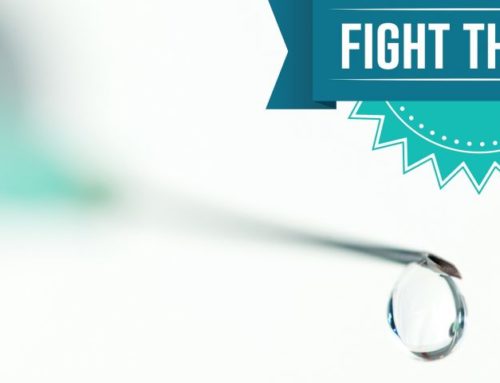Teenagers are notorious for risky behavior as they are subjected to a great deal of peer pressure and as they have virtually no limits as to what they think they can safely accomplish. Drug or alcohol use is often a part of this picture with a majority of teenagers having tried alcohol in high school and many of them reporting that they have been drunk at least one time before they graduated from high school.
Understanding Drug Use & Dangers by Teenagers
This is risky behavior, even to those teenagers who only try a drug or alcohol once. It takes just one overdose to harm the person or even to cause a fatality. Therefore, teenagers need excellent information about drug abuse prevention while they are still in school. Although many schools offer some part of this education, a pediatrician is an excellent resource in this area. Studies show that over 80 percent of teenagers see a physician at least once per year, and many of them turn to their trusted pediatricians whom they have seen since they are young.
Of course, teenagers who report that they do not use any dangerous or illicit substances will receive high praise from their pediatricians. Studies have shown that this type of positive motivation is often enough to keep teenagers from using dangerous substances for many years down the road. Teenagers who report having used alcohol or drugs once but who do not have a substance use disorder will typically only have a brief intervention in their pediatrician’s office with follow-up questions at future appointments.
However, teenagers who report drug use consistent with a moderate to severe substance use disorder will typically be referred to a drug treatment program. Here they will receive the counseling and medical help that they need to quit their substance use and begin to make healthier choices for themselves. They may also be referred to ongoing recovery groups or self-help programs.




